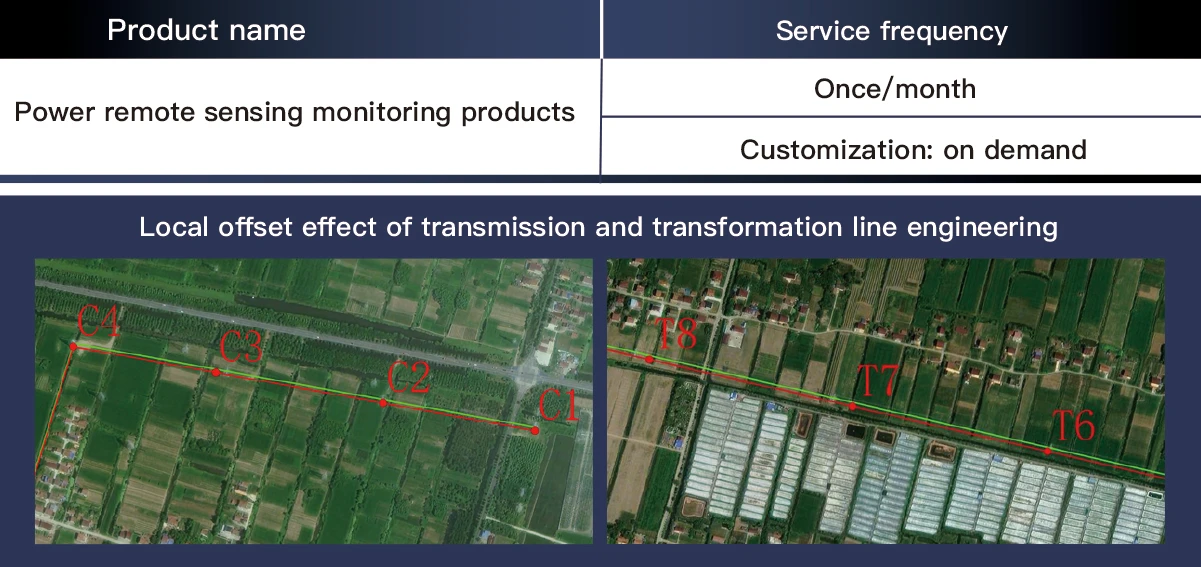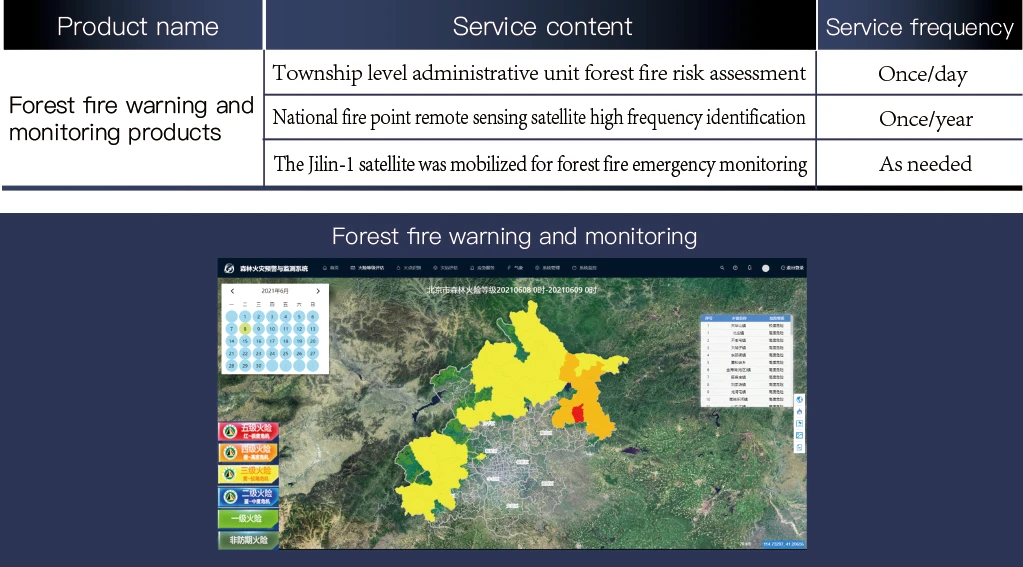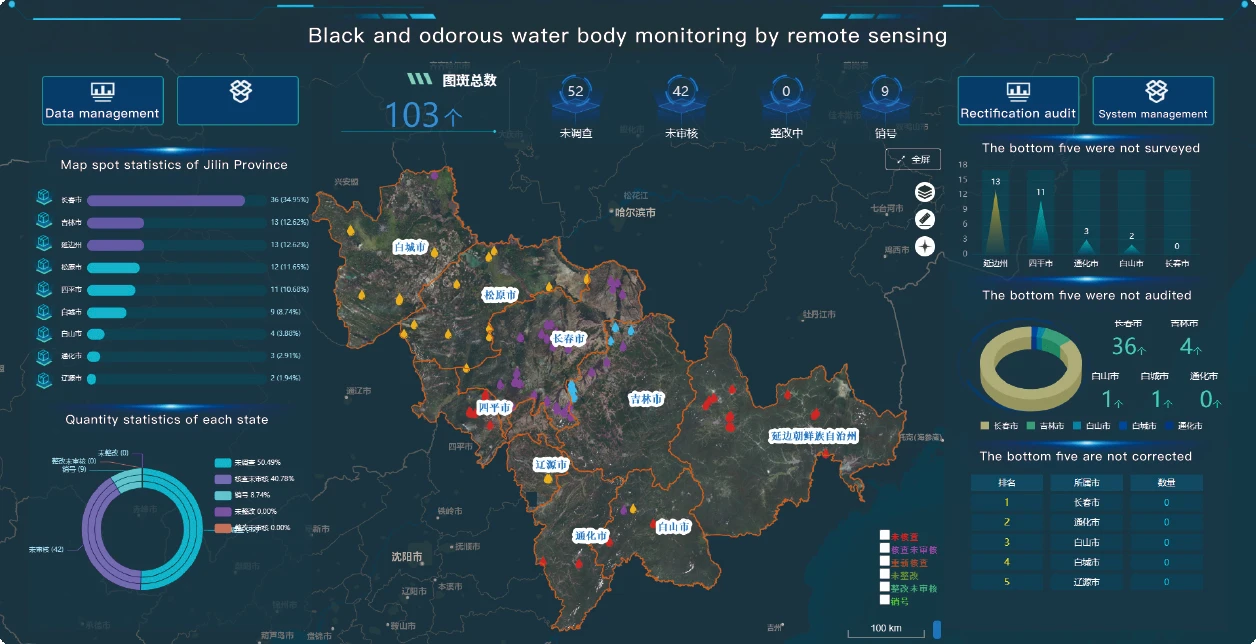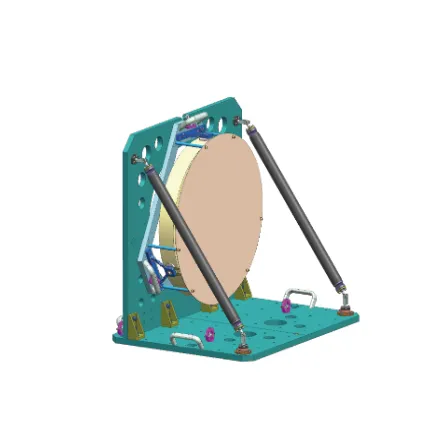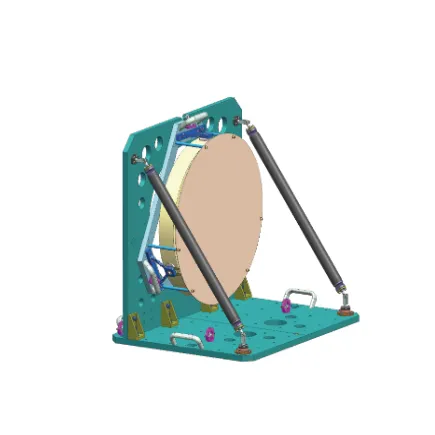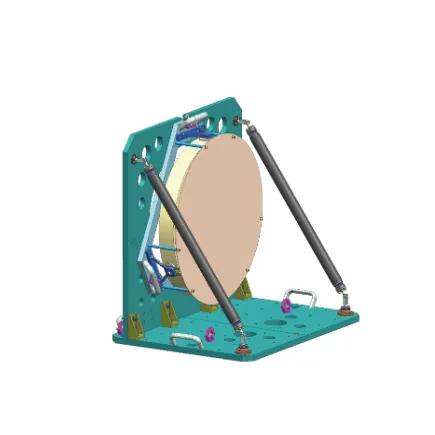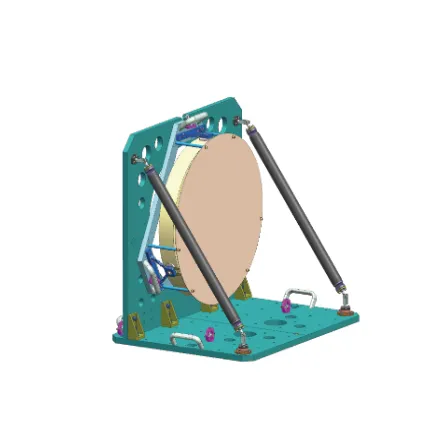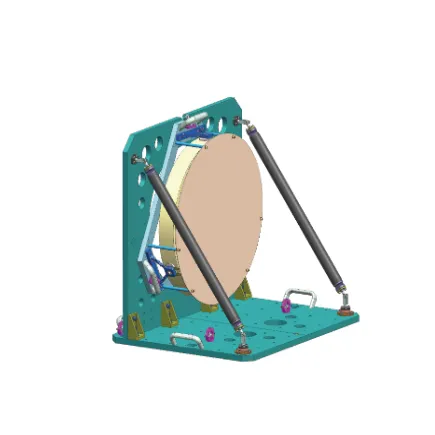
- Afrikaans
- Albanian
- Amharic
- Arabic
- Armenian
- Azerbaijani
- Basque
- Belarusian
- Bengali
- Bosnian
- Bulgarian
- Catalan
- Cebuano
- China
- Corsican
- Croatian
- Czech
- Danish
- Dutch
- English
- Esperanto
- Estonian
- Finnish
- French
- Frisian
- Galician
- Georgian
- German
- Greek
- Gujarati
- Haitian Creole
- hausa
- hawaiian
- Hebrew
- Hindi
- Miao
- Hungarian
- Icelandic
- igbo
- Indonesian
- irish
- Italian
- Japanese
- Javanese
- Kannada
- kazakh
- Khmer
- Rwandese
- Korean
- Kurdish
- Kyrgyz
- Lao
- Latin
- Latvian
- Lithuanian
- Luxembourgish
- Macedonian
- Malgashi
- Malay
- Malayalam
- Maltese
- Maori
- Marathi
- Mongolian
- Myanmar
- Nepali
- Norwegian
- Norwegian
- Occitan
- Pashto
- Persian
- Polish
- Portuguese
- Punjabi
- Romanian
- Russian
- Samoan
- Scottish Gaelic
- Serbian
- Sesotho
- Shona
- Sindhi
- Sinhala
- Slovak
- Slovenian
- Somali
- Spanish
- Sundanese
- Swahili
- Swedish
- Tagalog
- Tajik
- Tamil
- Tatar
- Telugu
- Thai
- Turkish
- Turkmen
- Ukrainian
- Urdu
- Uighur
- Uzbek
- Vietnamese
- Welsh
- Bantu
- Yiddish
- Yoruba
- Zulu
Improving System Efficiency With Modern Mechanical Equipment
In today’s industrial and commercial environments, mechanical equipment plays a vital role in keeping facilities running smoothly and efficiently. From HVAC systems to refrigeration and ventilation, the quality, maintenance, and longevity of such equipment directly impact operational performance. As technology advances, the integration of specialized units such as ERV mechanical unit and high-quality ventilating equipment has become standard in modern buildings. Companies increasingly rely on professional mechanical equipment services to ensure reliability, energy savings, and regulatory compliance throughout the equipment’s lifecycle.
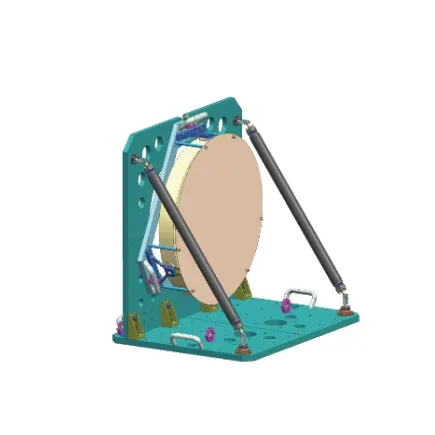
The Role of the ERV Mechanical Unit in Energy Efficiency
An ERV mechanical unit (Energy Recovery Ventilator) is designed to improve indoor air quality while reducing energy consumption. By exchanging heat and moisture between incoming fresh air and outgoing stale air, these units maintain temperature balance and reduce the load on HVAC systems. This not only improves comfort but also extends the performance life of other mechanical equipment in the building. Commonly used in commercial offices, schools, and industrial settings, ERV mechanical units are now considered a critical component in sustainable ventilation design. Their effectiveness is heightened when used alongside compatible ventilating equipment, creating a cohesive and energy-efficient airflow system.
Extending Mechanical Equipment Life Expectancy Through Service and Maintenance
Understanding mechanical equipment life expectancy is key to planning capital expenditures and maintenance schedules. Factors such as usage frequency, environmental conditions, and quality of service can significantly impact how long a unit will operate effectively. For example, poorly maintained ventilating equipment or refrigeration units often fail prematurely, leading to unexpected downtime and costs. Engaging in routine mechanical equipment services—including inspections, cleaning, and part replacements—helps extend system life and performance.
In many industries, standard mechanical equipment life expectancy can range from 10 to 25 years, depending on the type and maintenance history. Strategic servicing not only prevents breakdowns but also enhances the equipment’s ability to perform at peak efficiency, reducing energy waste and improving operational safety.
Refrigeration Service Tools: Essential Gear for Technicians
Reliable refrigeration service tools are essential for maintaining and repairing cold storage units, walk-in freezers, and HVAC systems. These tools help technicians identify performance issues, recharge systems, and ensure all components are functioning within manufacturer specifications. From vacuum pumps and leak detectors to manifold gauges and recovery machines, refrigeration service tools are vital to the longevity of refrigeration mechanical equipment.
Using the correct refrigeration service tools not only improves diagnostic accuracy but also reduces time on site and enhances technician safety. When used in conjunction with professional mechanical equipment services, they help maintain system integrity and prevent costly malfunctions.
Conclusion: The Smart Approach to Mechanical Equipment Management
Effective mechanical equipment management requires more than just purchasing reliable systems—it demands consistent service, smart component integration, and the right tools for upkeep. Whether it’s optimizing indoor air with an ERV mechanical unit, ensuring airflow with top-grade ventilating equipment, or performing regular maintenance using professional-grade refrigeration service tools, success depends on a well-rounded strategy.
Monitoring mechanical equipment life expectancy and scheduling proactive mechanical equipment services help companies minimize downtime and maximize ROI. As buildings and industrial systems become more complex and energy-conscious, the importance of a holistic approach to mechanical system care continues to grow—setting new standards for efficiency, safety, and sustainability.


